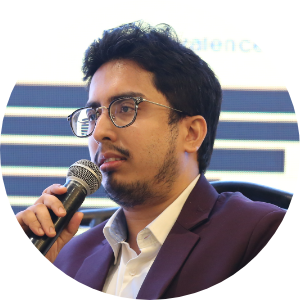Health-related misinformation and disinformation are significant threats to public health. Fact-checking helps us to counter this by presenting the right medical information.
By Dr. Debanjan Banerjee
Information is power. Information is a basic tenet of human existence. Especially so, in today’s digitalised world. However, information needs to be fact-checked.
There is a plethora of misinformation. I’m sure none of us have passed a day when we haven’t received a senseless forward about a quick cure or a conspiracy theory regarding the coronavirus, which may have seemed true, but turned out to be false information.
Fact-checking helps us to present the true medical information and counters misinformation and health-related disinformation, which are significant threats to public health. Unfortunately, fact-checking is often neglected in medical discourse, in research, and also as a profession.
My experience with First Check has taught me a great deal, particularly in my area of medical practice. Mental health is laden with significant amount of stigma, which reduces help seeking and leads to huge amount of untreated burden.
Debunking myths, misinformation and disinformation in health is the need of the hour. I am privileged to be learning in collaboration with a multidisciplinary team at First Check, through which we help people understand the nuances of health-related misinformation.
Watch the YouTube video here.
(The author is a First Check member and geriatric psychiatrist based in Kolkata, India.)
(The article image has been updated.)



